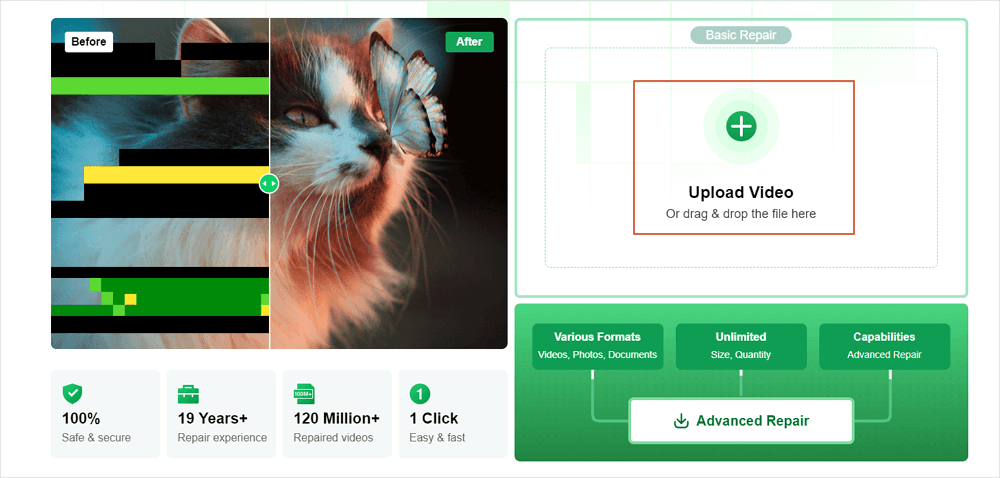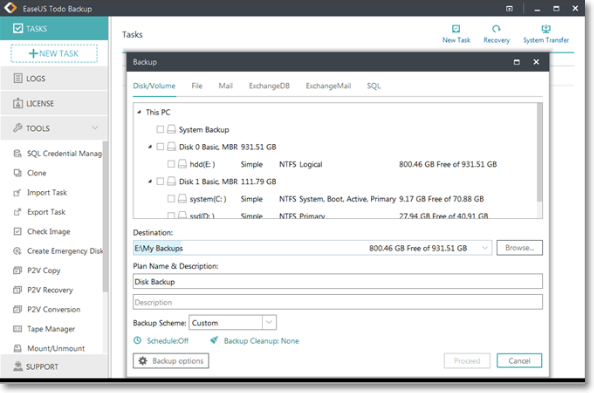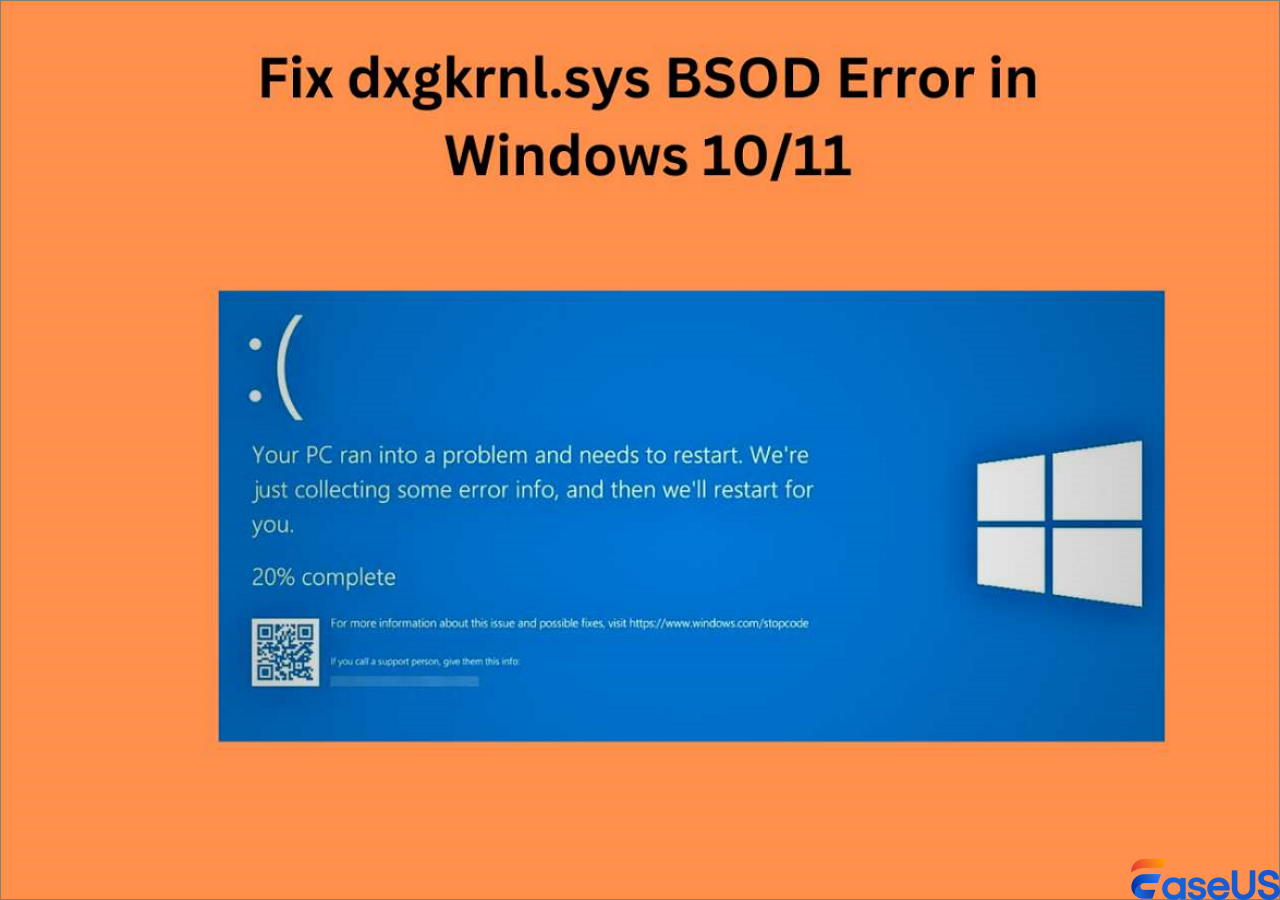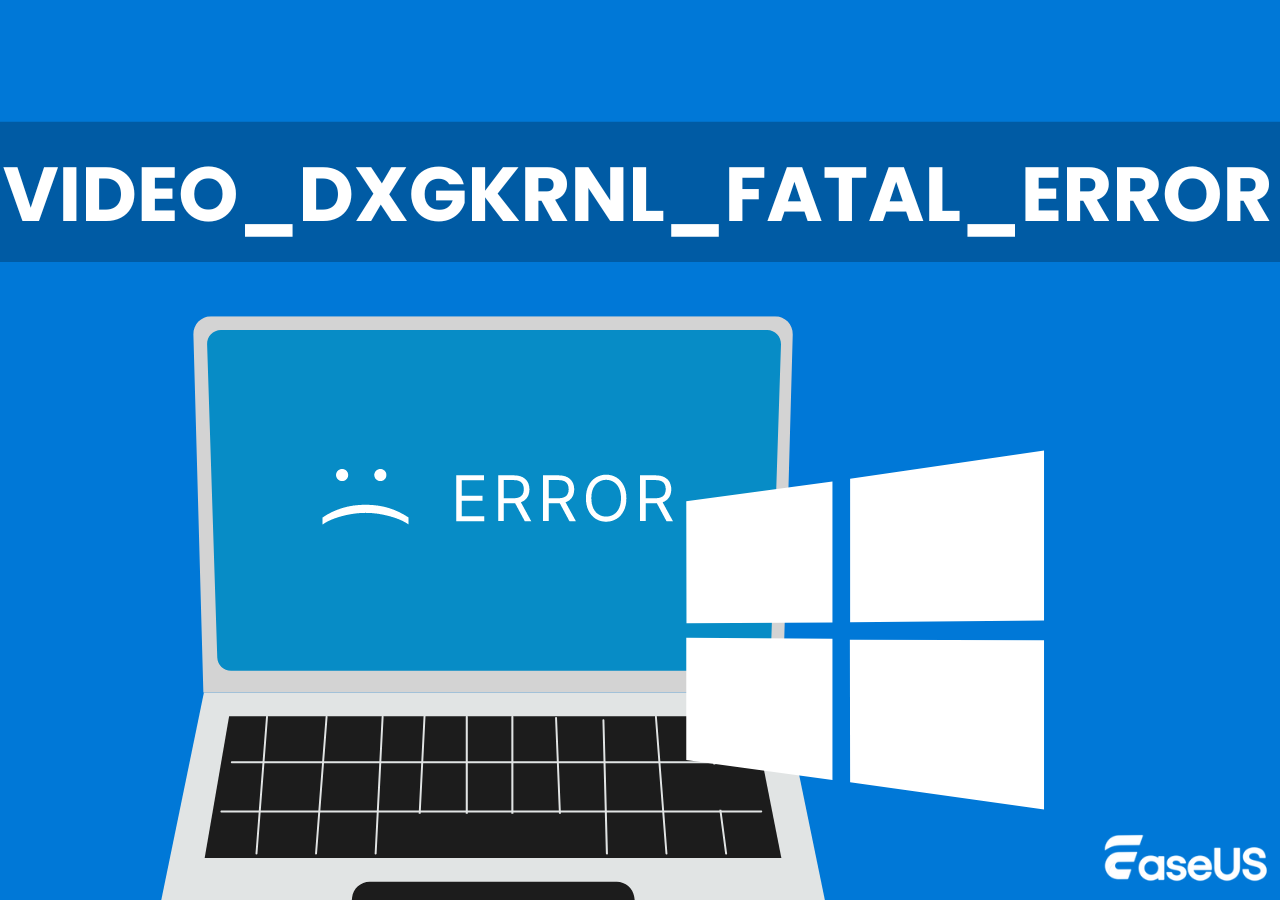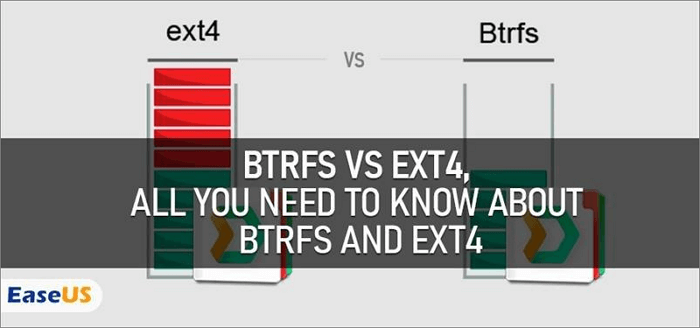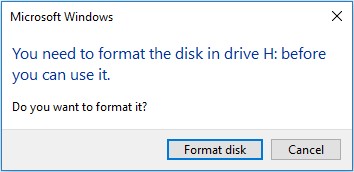-
![]() Red Dead Redemption 2 Lost Save Game, How to Recover?
Red Dead Redemption 2 Lost Save Game, How to Recover? February 06,2026
February 06,2026 6 min read
6 min read -
![]() HD Video Repair Utility Free Download for Windows and Mac: MP4 MOV Full Repair
HD Video Repair Utility Free Download for Windows and Mac: MP4 MOV Full Repair February 12,2026
February 12,2026 6 min read
6 min read -
![]() Recover Data from Formatted Transcend External Hard Disk/SD Card
Recover Data from Formatted Transcend External Hard Disk/SD Card January 29,2026
January 29,2026 6 min read
6 min read -
![]()
-
![]() How to Work on Large Excel Files Without Crashing (5-Step Guide)
How to Work on Large Excel Files Without Crashing (5-Step Guide) February 12,2026
February 12,2026 6 min read
6 min read -
![]()
-
![]() Solve Windows Stuck on Please Wait with Top 6 Methods
Solve Windows Stuck on Please Wait with Top 6 Methods February 12,2026
February 12,2026 6 min read
6 min read -
![]()
-
![]() Fix You Need to Format the Disk in Drive | No Data Loss
Fix You Need to Format the Disk in Drive | No Data Loss February 12,2026
February 12,2026 6 min read
6 min read -
![]() Fix Windows Taskbar Not Hiding Issue in Windows 10/11
Fix Windows Taskbar Not Hiding Issue in Windows 10/11 February 12,2026
February 12,2026 6 min read
6 min read
Page Table of Contents
How to recover uninstalled programs on Windows 11/10? You can utilize System Restore if you have a restore point created before the uninstallation. Alternatively, if the program was installed via the Microsoft Store, you can reinstall it from the store. If these methods don't work, a reset of your PC (which reinstalls the operating system) can also recover pre-installed apps.
However, when you uninstall a program, some app data is also removed at the same time. To restore the removed apps' data, you should install the trusted and powerful Windows data recovery software - read on to learn how to restore removed apps on Windows 10/11 after a reset.
What Does Uninstalling a Program Remove
In addition to useless apps, the common reason for the removal of a program is insufficient disk space on your Windows 10 or Windows 11 computer. Removing a program frees up some space on your hard drive. Another reason a program gets removed is due to Windows updates. Some of these updates automatically uninstall the incompatible apps on your PC.
Then, when you remove a program on your PC, not only do you remove the program, but you also remove all its associated data. This includes the files that the app generated while you were using the app. If you've found yourself in this situation, this passage will help you out.
To recover uninstalled programs on Windows 10/11, as well as their installation files and related data, you can either use a third-party data recovery tool or use Windows System Restore.
| Methods | Editor's Review |
| You can recover multiple files with this professional Windows recovery software, including the .exe files (installation packages). You can also recover lost photos, videos, documents, and emails from a Windows PC. | |
| A system restore can help your Windows OS return to a previous version, and it will restore programs you have uninstalled recently. It is possible to lose data while performing the System Restore. |
Method 1. Recover Uninstalled Programs on Windows 11 with Recovery Software 🏅
With EaseUS Data Recovery Wizard, you can recover uninstalled programs' .exe file, installation folder, and the data it generates in a few easy clicks. The tool doesn't interfere with other installed apps, so there are no concerns that the app might delete your other data. You can download this Windows data recovery software by clicking the following buttons (there is a macOS version as well).
Here are the salient features of EaseUS Data Recovery Wizard:
- 🗑️Recover deleted files from Windows 11 with only three simple steps. You can recover lost photos, emails, videos, and also documents in Windows 11 or 10 with it.
- 🖥️Solve most data loss cases, including recovering files after factory resetting Windows 11. You can still retrieve lost data after System Restoring Windows 11.
- 💽Support SSD data recovery. You can recover uninstalled programs on an SSD with EaseUS Data Recovery Wizard. It also supports USB flash drives, external hard drives, etc.
Install the software and then follow these instructions to learn how to reinstall uninstalled programs on Windows:
- Step 1. Run EaseUS data recovery software and choose the drive where you have installed the programs.
- Step 2. Select the installation files and other wanted data. If you remember the program you have uninstalled, you can search for the file name or use the file extension.
- Step 3. Click "Recover" and choose a new location to save these recovered installation files.
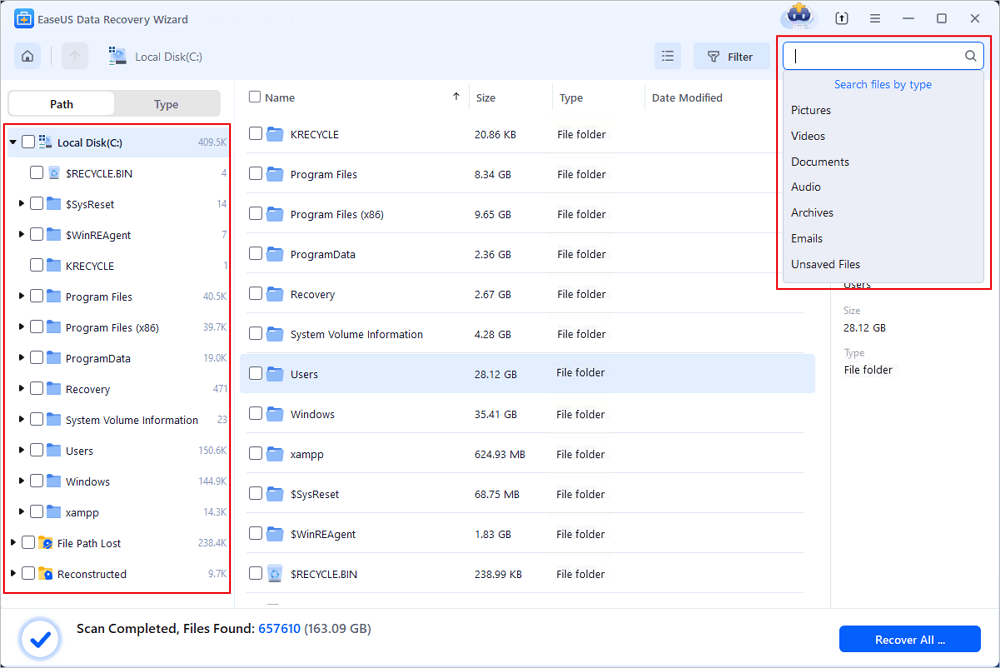
- Important
- The precondition for any successful data recovery is that the deleted files are not overwritten by new content. Thus, avoid using the hard drive that stores the data you want to recover and perform data recovery as soon as possible.
After retrieving your uninstalled program files on Windows 11/10, double-click the program's .exe file to install the application again to restore uninstalled programs. Don't forget to share this method on Facebook or other social media platforms to let more readers know.
Method 2. Use System Restore to Recover Uninstalled Programs
System Restore is a feature in Microsoft Windows that allows users to revert their computer's state (including system files, installed applications, Windows Registry, and system settings) to a previous point in time. Thus, you can use it to recover from system malfunctions or other problems. Recovering uninstalled programs is also possible.
This feature takes your PC back to an earlier point in time, called a system restore point. Restore points are generated when you install a new app, driver, or Windows update. Restoring won't affect your personal files but will remove apps, drivers, and updates installed after the restore point was made.
How to restore uninstalled applications on Windows 11/10 with System Restore:
Step 1. Select the "Start" button and click "Settings" (the cog icon).
Step 2. Type in recovery to search for Recovery settings in Windows Settings.
Step 3. Select "Recovery" > "Open System Restore" > "Next".
Step 4. Select a restore point that was made before you uninstalled the program. Then, click "Next".
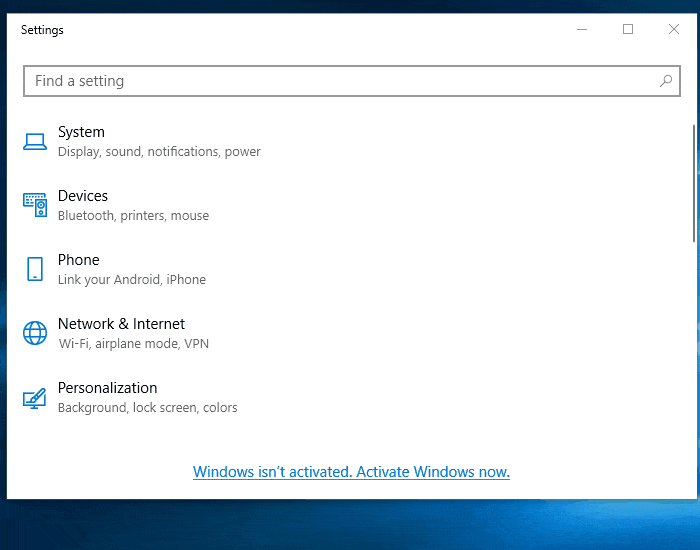
If there are no system restore points in Windows 11, it might be because the system protection isn't turned on (the option is on by default). To verify it, go to "Control Panel", search for "Recovery", select "Recovery > Configure System Restore > Configure", and make sure "Turn on system protection" is selected.
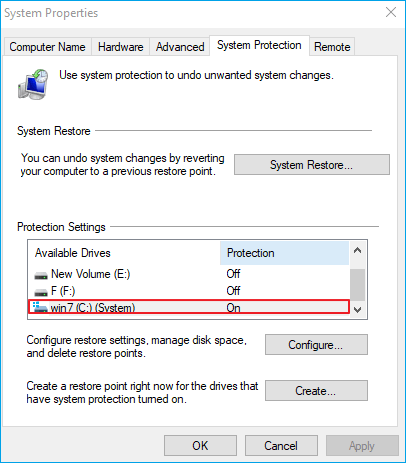
Both the methods above enable you to retrieve uninstalled programs on Windows 10/11. Use the method that best meets your needs. In case the system protection is turned off on your PC, using a third-party recovery tool is the only way to get back your wanted applications.
Choose Which Way to Recover Uninstalled Programs
Here's a comparison table that will help you decide what tool you should go for to recover uninstalled programs.
| EaseUS Data Recovery Wizard | Windows System Restore |
|---|---|
| ❌Can't affect newly installed programs |
✅Affect newly installed programs: It would remove apps installed after the restore point was made. |
| ✅Recover deleted files from the hard drive | ❌Can't recover deleted files from the hard drive |
| ✅Retrieve files from an external hard drive | ❌Can't restore lost files from an external hard drive |
| ✅Preview before recovery | ❌Can't preview recovered files |
If you think this comparison table is helpful, don't hesitate to share this page on social media.
The Bottom Line
Think twice if you're uninstalling programs to free up disk space or speed up your computer. Doing this won't give you a significant amount of storage space or a performance boost. Instead, use other options like Disk Management or a partition manager tool to free up your space and enhance your PC experience.
If you accidentally deleted some important data in Windows, don't forget to download EaseUS Data Recovery Wizard to restore essential data! Download this functional software and try it today!
Recover Uninstalled Programs on Windows 10 FAQs
Keep reading this part to know more about recovering uninstalled programs on Windows 10.
1. Can I recover uninstalled programs' files on Windows 10?
It is a wise way to recover uninstalled programs' files on Windows with EaseUS Data Recovery Wizard.
- 1. Run this recovery tool on Windows.
- 2. Scan lost programs' files on Windows.
- 3. Preview and recover deleted files.
2. How do I recover a program I accidentally uninstalled?
It is possible to recover uninstalled programs on Windows 10. There are two ways to recover uninstalled programs. A data recovery tool can recover uninstalled programs, and the System Restore option also can help you recover uninstalled programs on Windows.
3. Will System Restore reinstall uninstalled programs?
System Restore is a functional feature in Microsoft Windows that can help users recover files and applications. So it is possible to reinstall uninstalled programs with System Restore.
4. Can I recover accidentally deleted files on Windows 10?
After emptying the Recycle Bin, you can recover accidentally deleted files on Windows 10 with a file recovery program. If you delete files accidentally, your files will not disappear forever, and you can find the deleted files in Windows Recycle Bin and restore them directly.
Was this page helpful?
-
Jaden is one of the editors of EaseUS, who focuses on topics concerning PCs and Mac data recovery. Jaden is committed to enhancing professional IT knowledge and writing abilities. She is always keen on new and intelligent products.…
-
Mahesh is an experienced computer tech writer. He's been writing tech how-to guides for about 8 years now and has covered many topics. He loves to teach people how they can get the most out of their devices.…

20+
Years of experience

160+
Countries and regions

72 Million+
Downloads

4.9 +
Trustpilot Score


Free Data
Recovery Software
Recover data up to 2GB for free!


